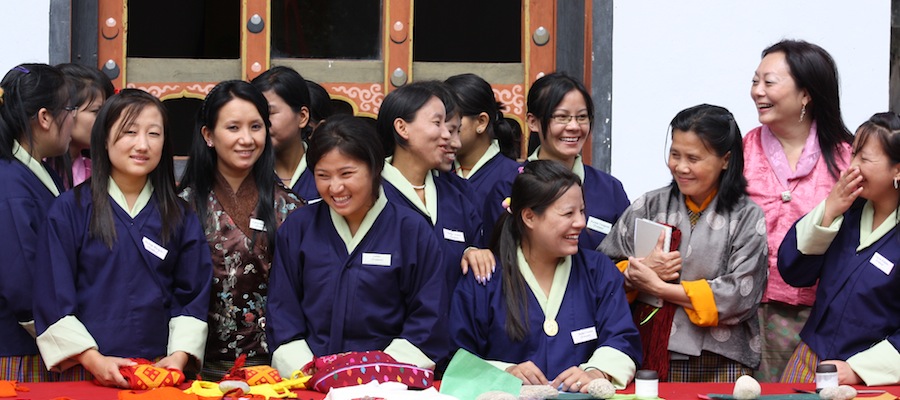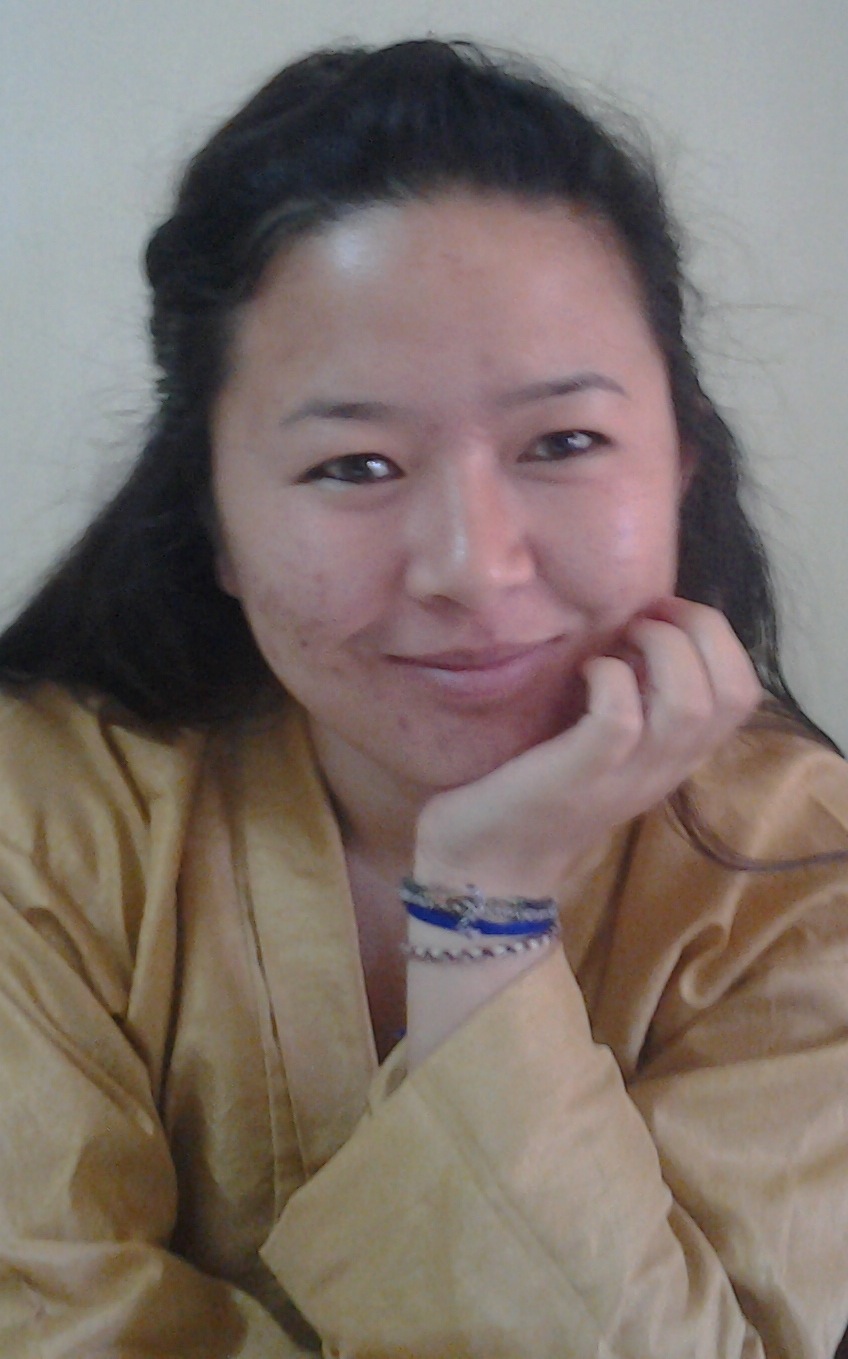
This is a staff post by Rinchen Choden, one of our Bhutan Field Coordinators. It originally appeared on the website of IREX, a READ Global partner organization.
In Bhutan, women occupy only 4% of the leadership roles at the local government level, and only 10 of Bhutan’s 72 Parliament members are women, according to a report from Helvetas-Bhutan. In one rural, agrarian community, a village library is working to change that. In just under a year, over 500 women participated in programs to increase their public engagement and women have joined the library’s management committee for the first time.
Though Bhutan has a high level of gender equity compared to other South Asian countries, women there have few opportunities to participate (infographic) in local and national politics or in other areas of the public sphere. At the same time, the Government of Bhutan has been encouraging women’s participation in politics and other public areas.
The Aurbay Sher Shong Payzothkhang (ASSP) Library in Ura — a village with a population of 1,500 that farms mostly buckwheat and potatoes — started a program to increase women’s participation in the public sphere. In surveys taken before the program started, responses showed that most participants believed that women’s responsibilities centered around the home. Over the course of 11 months, 500 women participated activities including informational campaigns, a radio show, and a discussion group.
The radio show is a drama that gives the group of mostly illiterate women an opportunity to learn about democracy. As the 25-episode story unfolds in the fictitious village of Gakithang, political parties emerge and candidates contend for a place in leadership. It is a story with the comedy, romance, suspense and tension of a small community in contemporary times. During the discussion group, women gather to talk about the characters and the events that take place in the radio show, then relate those events to democracy and politics in Bhutan, giving them a chance to join in active discussions and debates.
“I enjoyed being part of these activities because it has helped me share my opinions and ideas on so many things with the other women,” said Nima Zam. “I now have a place where I can speak and there will be people who will listen to what I have to say.”
After the program, participants said they felt more comfortable speaking in front of the group. They also had more confidence in their own opinions and views, and became more enthusiastic about taking an active role in the society.
The project also had a direct impact on the library itself — for the first time, women will serve in leadership positions on the library management committee. Now, 12 out of 15 committee members are women.
This project was supported in part by a Libraries for Development grant from Beyond Access. An initiative of IREX and partner organizations, Beyond Access is movement of people and organizations committed to the idea that modern public libraries help drive economic and social development.
About the author:

Ms. Rinchen Choden, Field Coordinator
Rinchen joined the READ Bhutan team in August of 2012 as a Field Coordinator with a special focus on Sustaining Enterprises and Livelihood Programs. Rinchen received her BS in Human Ecology with a focus on Social Technology (development studies) from the University of Philippines Los Banos. During her four year stay in the Philippines she worked with several grassroots organizations on community development and livelihood programs. She did on-the-job training with Aboitiz Power Renewables Inc. under their CSR department in the Philippines. She also did a three month internship with the UNDP Environment unit in Bhutan.



